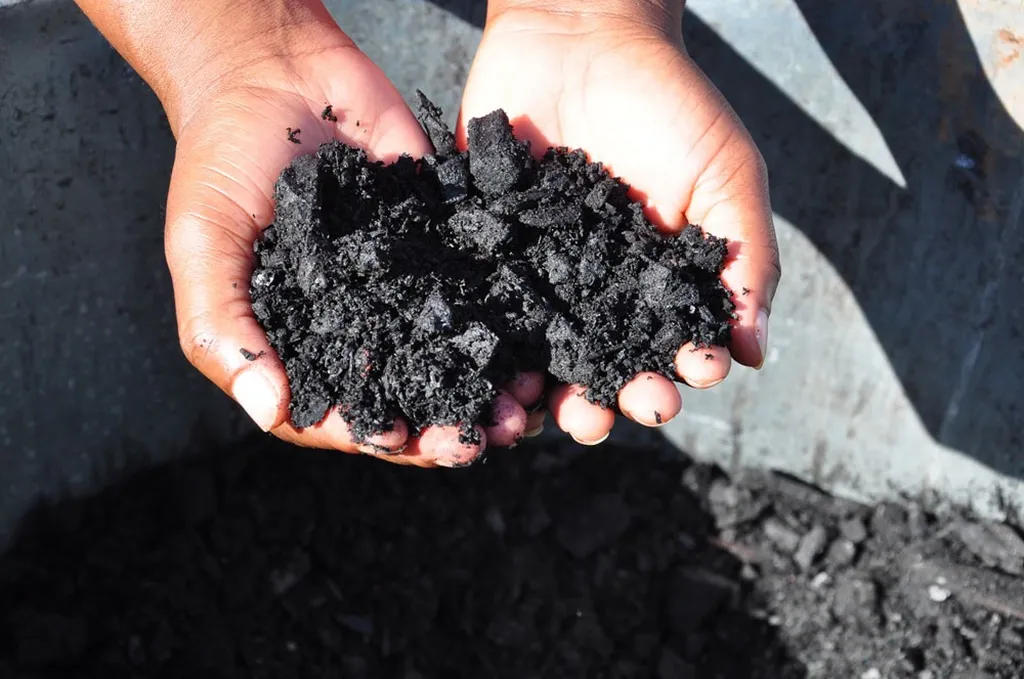Indonesia is turning to an age-old soil remedy to combat a modern agricultural crisis: degraded farmland. With over 60 percent of its agricultural land classified as unhealthy, the Indonesian Chamber of Commerce and Industry (Kadin) is pushing biochar—a carbon-rich material derived from biomass—as a key solution to restore soil health and boost productivity.
Biochar, produced through pyrolysis (heating organic waste in low-oxygen conditions), acts as a soil conditioner, enhancing fertility, water retention, and microbial activity. Devi Erna Rachmawati, Kadin’s Deputy Chair for Agriculture, stressed the urgency of adoption, noting that Indonesia’s abundant biomass—from agricultural residues to organic waste—provides a readily available raw material. “Our land is unhealthy, but the solution is within reach,” she said, calling for stronger government backing to integrate biochar into national agricultural policies.
To accelerate adoption, Kadin has launched an 180-hectare research center in Lebak, Banten Province, in collaboration with the Ministry of Agriculture, the National Research and Innovation Agency (BRIN), and private sector partners. The facility serves as a hub for biochar research and farmer training, offering both online and hands-on programs across agriculture, livestock, and fisheries.
Dedi Nursyamsi, a senior agricultural extension expert at the Ministry of Agriculture, underscored biochar’s multifaceted benefits. Beyond improving soil structure and reducing chemical fertilizer dependency, it can help remediate contaminated soils and even open avenues for carbon trading—a potential revenue stream for farmers. The ministry has already developed *Biotron*, a 3-in-1 biochar product enriched with micronutrients and liquid organic fertilizer, now being distributed in key farming regions like Kalimantan, Sumatra, and Java.
Yet challenges remain. Nursyamsi acknowledged that current procurement levels are insufficient to meet nationwide demand, urging greater industry involvement to scale production and distribution. The push for biochar aligns with broader sustainability goals, including Indonesia’s green industry initiatives and efforts to cut agricultural emissions.
As the country seeks to balance food security with environmental stewardship, biochar’s role could extend beyond soil health—positioning Indonesia as a leader in climate-smart agriculture. The question now is whether policymakers and businesses will rally behind the technology to turn degraded land into a productive asset.

